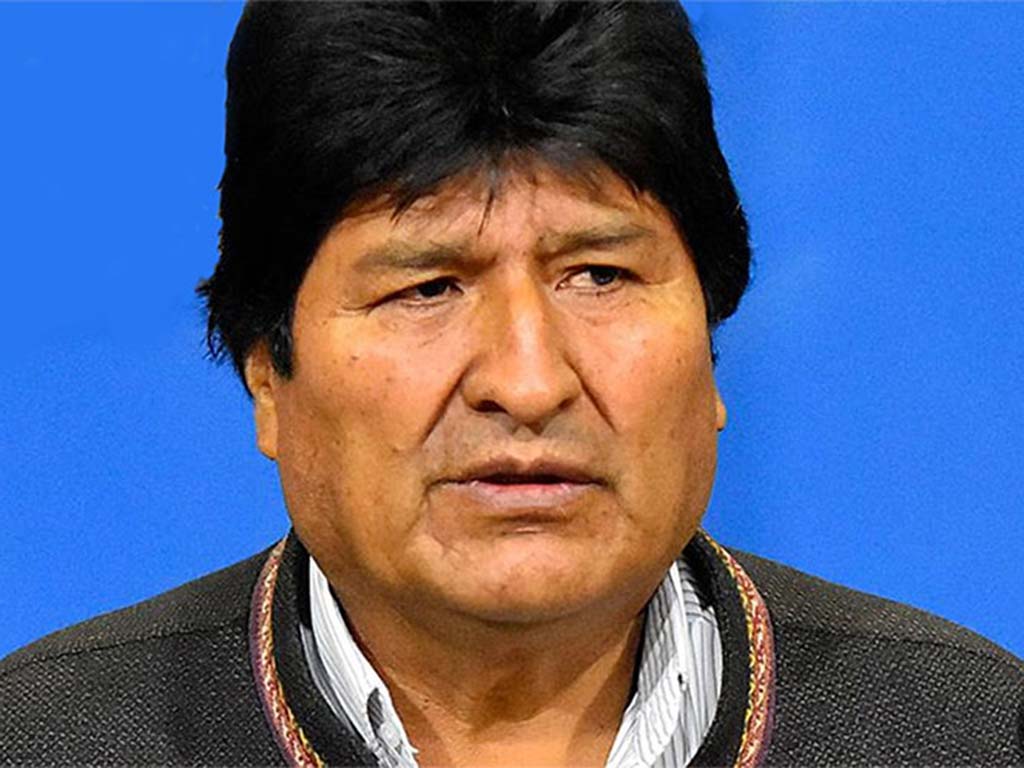The ruling was signed by the magistrates of the Fourth Chamber of the Plurinational Constitutional Court (TCP) Gonzalo Miguel Hurtado and René Yván Espada, and recognizes Grover García as president of the organization and Julia Ramos as vice president.
The Supreme Electoral Tribunal (TSE) rejected a congress headed by Morales in Lauca, Cochabamba, considering that the Single Trade Union Confederation of Peasant Workers of Bolivia, the Trade Union Confederation of Intercultural Communities of Bolivia, and the National Confederation of Indigenous Peasant Women of Bolivia did not coordinate the holding of the event with the presidency of the MAS-IPSP, which was headed at that time by Morales.
The verdict responds to the Resolution of December 1st, 2023, issued within the constitutional protection action formulated by Felipa Montenegro, representative of the Departmental Federation of Native Peasant Women Bartolina Sisa of Santa Cruz, against Juan Evo Morales, for considering invalid all the acts of execution, including the Ordinary National Congress of the MAS-IPSP held in El Alto from May 3rd to 5th, 2024, which “convened by the founding organizations now plaintiffs and the determinations assumed in it.”
Morales, in turn, denounced on his social networks that it is a case of political use of justice (aka “lawfare”), similar to that applied in Ecuador against the Citizen Movement led by former President Rafael Correa. “(…) The Government of Luis Arce deals a blow to the revolution and the process of change, pressuring the Fourth Constitutional Court to give it the MAS-IPSP acronym through an unconstitutional, illegal and illegitimate ruling (…)”, wrote the former indigenous dignitary on X.
Morales further criticized the Government for relying solely on the Fourth Constitutional Court to eliminate adversaries, calling it a “deterioration of democracy in Bolivia.”
jrr/llp/npg/jpm










